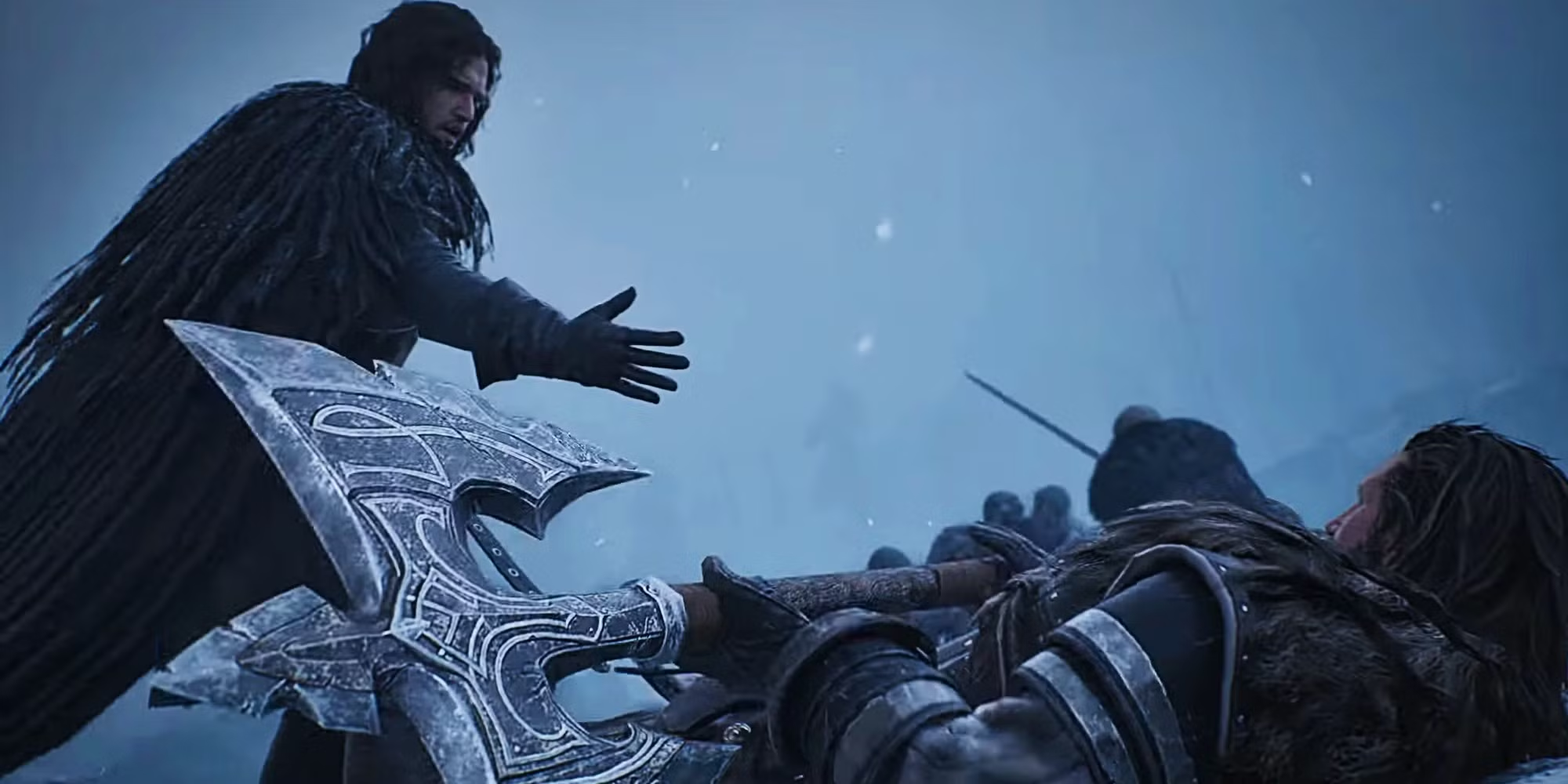Marco Polo is not the most interesting character in Marco Polo, and perhaps the best thing about this oft-forgotten Netflix original series is that the show’s producers knew that. The famous Silk Road traveler (and swimming pool game namesake) gets a few interesting plots of his own, but for the most part, he exists to introduce viewers to Kublai Khan’s court, and all the beauty, intrigue, and danger that 13th-century China had to offer. There’s some fantastic stuff in this short-lived series, but you’ll have to go looking for what was once Netflix’s rival to Game of Thrones‘… well, throne.
The first of Marco Polo‘s two seasons hit Netflix five years ago, back when the arrival of a new Netflix original series — especially one as expensive as this — was a big deal, and not just “Friday.” Despite Marco Polo‘s ambitions and blockbuster price tag, you’re probably not going to find the show proudly displayed on your homepage, unless you’ve really made the recommendations algorithm do some work. That makes sense, because Netflix has so much new original content to push on you that it doesn’t need to go back into the archive to promote a series that, by The Hollywood Reporter‘s account, lost the company $200 million.
Watching Marco Polo, you can see where a lot of that money went. The sets and costumes on this show rival those on Game of Thrones, and might even surpass them, because Marco Polo didn’t have to shill out for GCI dragons. Marco Polo has a lot in common with Thrones, though it tells a (relatively) grounded historical fiction story rather than a fantasy tale.
The series opens with young Marco (Lorenzo Richelmy) being taken as a prisoner of the great Kublai Khan (Benedict Wong), Genghis Khan’s grandson and the founder of the Yuan Dynasty which ruled most of China for a century. Before too long, though, Marco becomes more than a prisoner, as he gains a role in Kublai’s court — though there’s always a chance his fortunes could change in this cutthroat world.
Richelmy is engaging as Marco, who manages to be just hapless enough that viewers can identify with him as a point-of-view character, yet competent enough that he’s interesting to watch. He is, notably, the only major white character in the whole show, and Marco Polo does an admirable job of making him a talented interloper to a rich culture, rather than a white savior.
The real draw of the series, though, is Kublai. Wong, who might be better known for his roles in Doctor Strange, The Martian, and Deadly Class, is exceptional as the great Khan. He’s a brutal man who rules a conquering dynasty, yet he’s not without reason or compassion. Alternatively headstrong and in over his head, Kublai is a thrill to watch, and viewers will be rooting for him to succeed almost as much as they’re recoiling from his threatening presence. He does something in the second episode of Season 2 that’s as jaw-dropping as anything you’ll see in Westeros.
Lavish sets, complex politics, and complicated monarchs aren’t the only comparisons between Marco Polo and Game of Thrones, though. Marco Polo also has nudity and action, which unfortunately sometimes work against the rest of the show. Most of Marco Polo is a realistic period piece, where we see Kublai work to defeat his rivals or conquer new lands — sometimes with Marco’s help.
At other times, though, Marco Polo is a wuxia piece, and not an especially subtle one. While most characters, like Marco and Kublai, are talented fighters, others are straight-up mystical martial artists, like the blind warrior-monk “Hundred Eyes,” the villainous Chancellor Jia Sidao, and the concubine/spy Mei Lin, who has an entire fight scene in the nude in an early Season 1 episode.
It’s all a little over-the-top, and while fun in its own way, feels a little at odds with other aspects of the show, as if Marco Polo couldn’t quite decide what it wanted to be. Game of Thrones did a better job at making its medieval realism and fantasy elements complement one another, to make another comparison. (There’s also an incest plot point in Marco Polo Season 2, to make yet another one).
One place that Marco Polo is unlike Game of Thrones, however, is the ending. Marco Polo didn’t really get one, so it won’t let you down the way Season 8 of HBO’s hit did. Even so, There’s plenty to enjoy in the show’s two seasons (and one special about Hundred Eyes’ backstory). If you’re looking for a binge, check it Marco Polo out and marvel at how incredible Kublai’s court looks while also marveling at the sheer fact that a show that was this ornate is just sitting, dusty, on Netflix’s increasingly over-stuffed digital shelves.




















![[Book Review] The Blade Itself (The First Law Trilogy) by Joe Abercrombie](https://bendthekneegot.com/wp-content/uploads/2018/01/1516047103_maxresdefault-218x150.jpg)


















